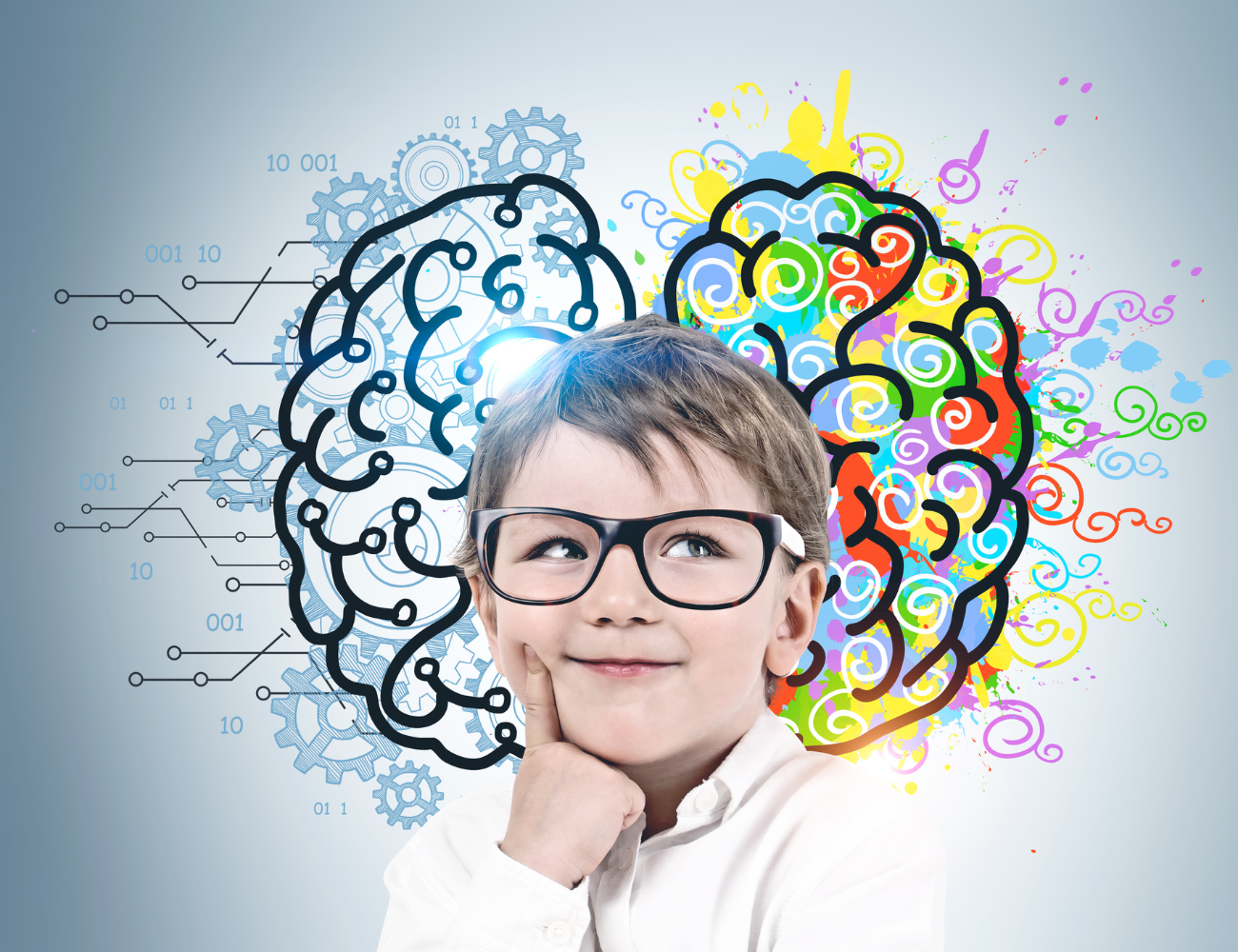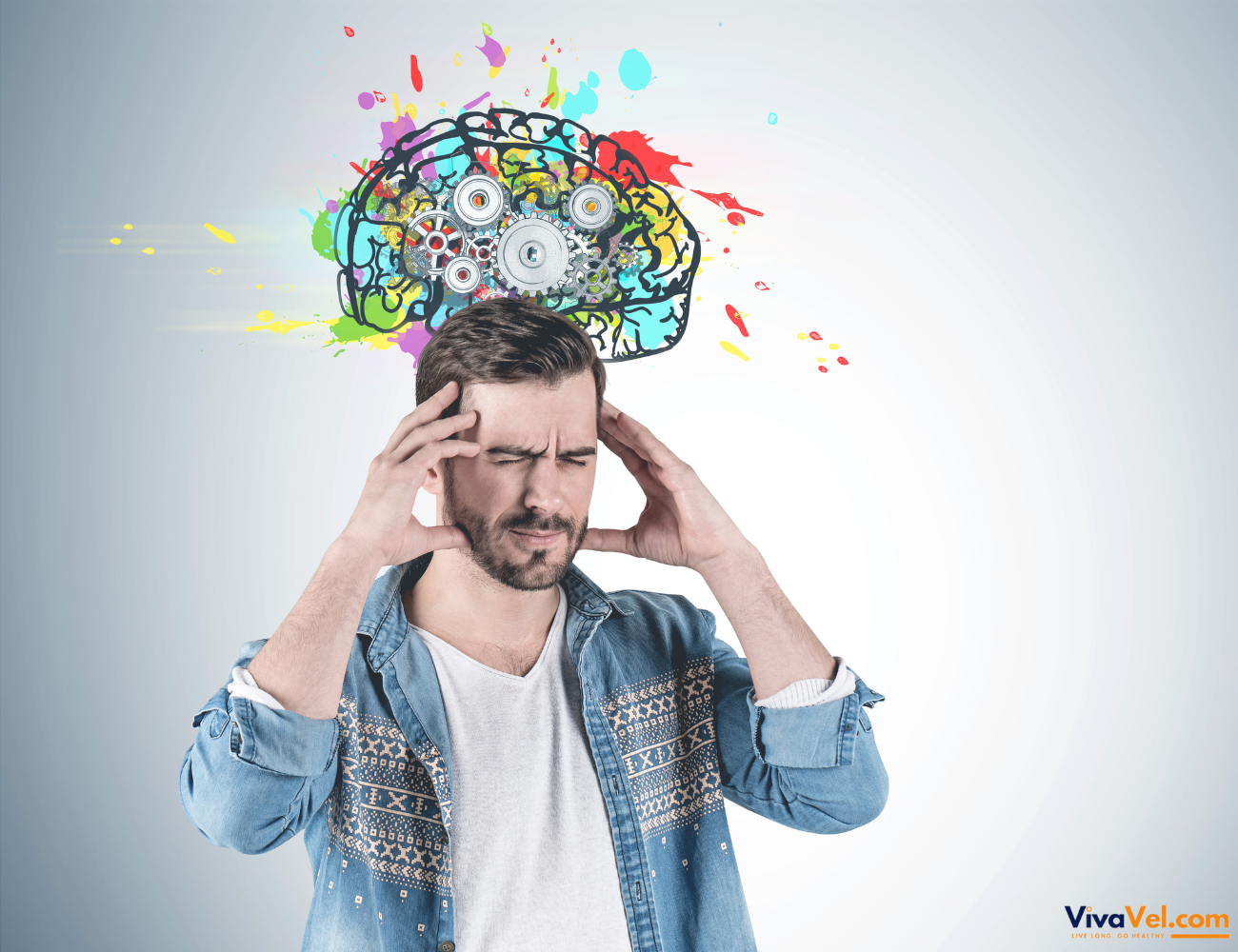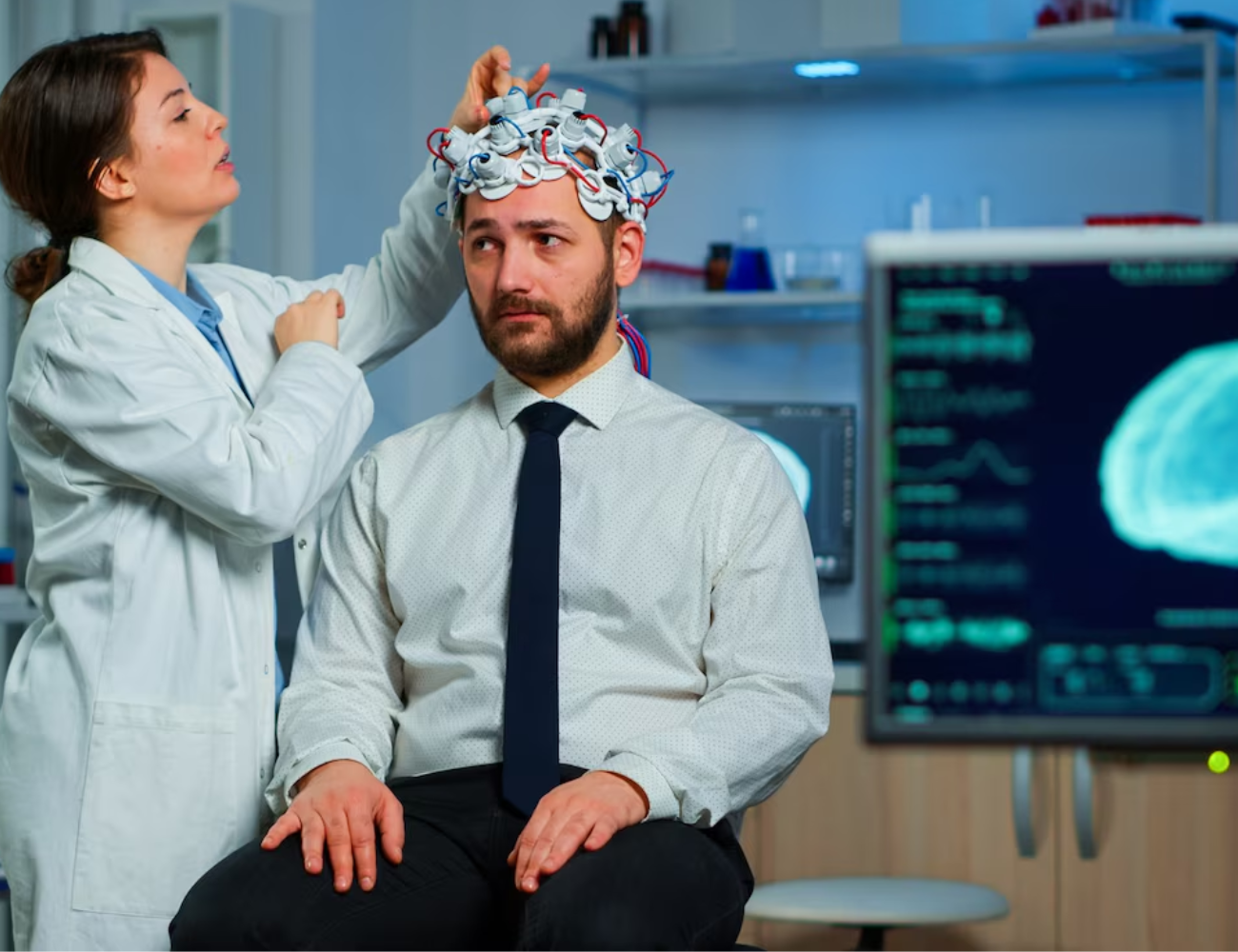
Home / Information / Blog / Blog Detail

Absolutely! Brain fog and its associated symptoms, sometimes called “brain rot,” are not permanent conditions. With consistent effort and lifestyle changes, it’s possible to reverse the effects and regain mental clarity. The modern world—characterized by excessive screen time, sedentary habits, and overwhelming information overload—contributes significantly to this phenomenon. However, making small but deliberate changes to your daily routine can pave the way for better focus, improved memory, and enhanced emotional well-being.
Start Small and Build Momentum
The key to reversing brain fog is to begin with manageable changes. Overhauling your entire lifestyle all at once might seem daunting and unsustainable. Instead, start with small steps:
Replace 30 Minutes of Screen Time with a Walk: Screens dominate our lives, whether for work, entertainment, or social media. Prolonged screen exposure can lead to mental fatigue, reduced attention span, and disrupted sleep patterns. Replacing just 30 minutes of screen time with a natural walk can help refresh your mind. Walking boosts blood flow to the brain, reduces stress, and enhances creativity.
Choose a Book Over Scrolling: Scrolling through endless feeds on social media may feel engaging, but it often leaves you feeling drained and unfocused. In contrast, reading a book—whether fiction or nonfiction—can stimulate your imagination, enhance your vocabulary, and offer deeper insights. It’s also a calming activity that reduces stress.
Sign up for a Class: Learning a new skill or hobby engages your brain in a meaningful way. Whether it’s a cooking class, a musical instrument, or a foreign language, structured learning challenges your brain, fosters neuroplasticity, and keeps you mentally sharp.
The Role of Lifestyle in Brain Health
Lifestyle changes play a crucial role in reversing brain fog. Along with incorporating small daily habits, consider these broader adjustments:
Prioritize Sleep: Poor sleep is a major contributor to cognitive decline and brain fog. Aim for 7-9 hours of quality sleep each night. Establish a consistent bedtime routine, limit blue light exposure before bed, and create a comfortable sleep environment to enhance your rest.
Adopt a Balanced Diet: Nutrition has a direct impact on brain function. Incorporate foods rich in omega-3 fatty acids, antioxidants, and vitamins. Leafy greens, fatty fish, nuts, seeds, and berries are excellent choices. Avoid excessive sugar and processed foods, as they can impair cognitive function.
Practice Mindfulness and Stress Management: Chronic stress damages the brain over time, particularly the hippocampus, which is responsible for memory and learning. Mindfulness techniques such as meditation, yoga, and deep breathing exercises can help lower stress levels and promote mental clarity.
Exercise Regularly: Physical activity isn’t just good for your body—it’s essential for your brain. Exercise increases the production of brain-derived neurotrophic factor (BDNF), a protein that supports brain health and cognitive function. Aim for at least 30 minutes of moderate exercise most days of the week.
The Role of Technology in Combating Brain Rot
Interestingly, while technology is often perceived as a contributor to brain fog, it can also be part of the solution when used wisely. Several apps and digital tools are designed to improve mental clarity, focus, and overall brain health. Here’s how you can use technology to your advantage:
Cognitive Training Apps: Apps like Lumosity and Elevate offer brain-training games that target memory, problem-solving, and attention. Engaging with these apps for a few minutes daily can help sharpen your cognitive skills.
Mindfulness Apps: Mindfulness and meditation apps such as Headspace and Calm can help you practice mindfulness, reduce stress, and improve focus. These apps are beneficial for those new to meditation, who need structured guidance.
Language Learning Apps: Apps like Duolingo make learning a new language fun and accessible. Language learning is an excellent mental workout, requiring memory, pattern recognition, and problem-solving skills.
Fitness Trackers and Exercise Apps: Staying Physically Active Is Crucial for Brain Health. Fitness trackers, such as Fitbit or Garmin, and exercise apps, like Nike Training Club, can help you set and achieve your fitness goals. Regular reminders and progress tracking keep you motivated.
Sleep Improvement Tools: Poor sleep can worsen brain fog. Apps like Sleep Cycle analyze your sleep patterns and provide insights to help you improve sleep quality. White noise apps can also help you fall asleep faster and stay asleep longer.
Cultivate Healthy Digital Habits
While technology offers benefits, it must be used mindfully to avoid its adverse effects. Here are some tips:
Set Screen Time Limits: Most smartphones have built-in tools to monitor and limit screen time. Use these features to reduce time spent on non-essential apps.
Take Regular Breaks: To reduce eye strain and mental fatigue, follow the 20-20-20 rule: every 20 minutes, look at something 20 feet away for 20 seconds.
Declutter Your Digital Space: A cluttered digital environment can contribute to stress. To reduce distractions, organize your files, unsubscribe from unnecessary emails, and simplify your home screen.
The Power of Consistency
Reversing brain fog doesn’t happen overnight. It requires consistent effort and patience. The small changes you make today—whether replacing screen time with a walk, choosing a book, or using brain-training apps—add up over time. As your new habits become part of your routine, you’ll notice improvements in focus, memory, and emotional health.
By taking charge of your habits, lifestyle, and digital consumption, you can combat brain rot and create a healthier, more vibrant mind. Start small, stay consistent, and watch your mental clarity improve daily.


Brain rot is a term that describes the gradual decline in cognitive abilities, often attributed to a sedentary lifestyle, poor mental habits, and the overwhelming consumption of mindless entertainment. While not a medical condition, brain rot is a metaphor for erasing mental acuity and productivity. This modern phenomenon has raised concerns about its impact on mental health, well-being, and societal productivity.

In today's fast-paced and hyper-connected world, many individuals face challenges related to mental fatigue, reduced cognitive abilities, and a general sense of emotional detachment. These issues can gradually lead to what some refer to as "brain rot," a state where mental sharpness, curiosity, and emotional engagement diminish over time. Understanding the signs, symptoms, and underlying causes is the first step toward preventing and addressing this modern cognitive decline.

Brain rot, or cognitive decline, can lead to several health concerns, including memory loss, reduced mental clarity, and emotional detachment. Over time, these issues can increase the risk of conditions like depression, anxiety, and neurodegenerative diseases such as Alzheimer's or dementia, severely impacting quality of life and overall health.
STEP 1
Let us know your details and preferences. We maintain absolute data confidentiality. All your health records are safe, and privacy is maintained.
STEP 2
A dedicated counsellor will help you with the Best Hospital & Doctors at the lowest possible Prices.
STEP 3
While you decide on the treatment plan, we assist you with priority appointments, Visa, Documentation, Hotel & other Logistics.
STEP 4
Our team assists you with all your local requirements like Hospitalization, Hotel Stay, Transportation, Food, Forex, Lab Tests, Medicines, etc.
STEP 5
We ensure a smooth discharge process. We also assist you in tallying your bills at the hospital, all necessary documentation, and your return trip.
Happy Patient from Bangladesh | Gastroenteritis Treatment in Columbia Asia Hospital, India

"VivaVel" has truly made a life-changing impact on our lives during a challenging time. My wife was diagnosed with Polycystic Ovarian Disease (PCOD), and despite consulting three different doctors in Bangladesh, we were unsatisfied and uncertain about the way forward. It was a confusing and challenging phase until a friend recommended VivaVel.
From the moment "I contacted them", VivaVel provided exceptional support and guidance. They arranged telemedicine consultations with two renowned international doctors, giving us the confidence to make an informed decision. After careful consideration, we selected one of the doctors for my wife's treatment.
VivaVel's assistance went above and beyond our expectations. They helped us with critical processes like obtaining a medical visa invitation letter, visa processing, and coordinating my wife's admission to "Artemis Hospital" in Delhi. They even suggested comfortable accommodations for me as a patient attendant.
What truly stood out was their unwavering support throughout our journey. The "VivaVel team" was always just a phone call away, offering guidance and reassurance during our stay in Delhi. Their professionalism and dedication to helping patients and their families are truly commendable.
I am incredibly grateful for the care and support from "VivaVel." They were a beacon of hope for us during this difficult time, and I sincerely hope they continue their outstanding service to help more needy patients.
Thank you, "VivaVel," for being there for us every step of the way!
Mr. Hoque, Dhaka, Bangladesh
Patient name: Shanta Islam, Dhaka, Bangladesh.

Note : VivaVel does not provide medical advice, diagnosis or treatment. The services and information offered on www.vivavel.com are intended solely for informational purposes and cannot replace the professional consultation or treatment by a physician. All Copyrights are reserved with VivaVel. VivaVel does not allow copying and cloning of its webpages and contents. VivaVel reserves the right to follow the legal procedures to protect its intellectual property.
Copyright © 2025 VivaVel.com . All Rights Reserve.





